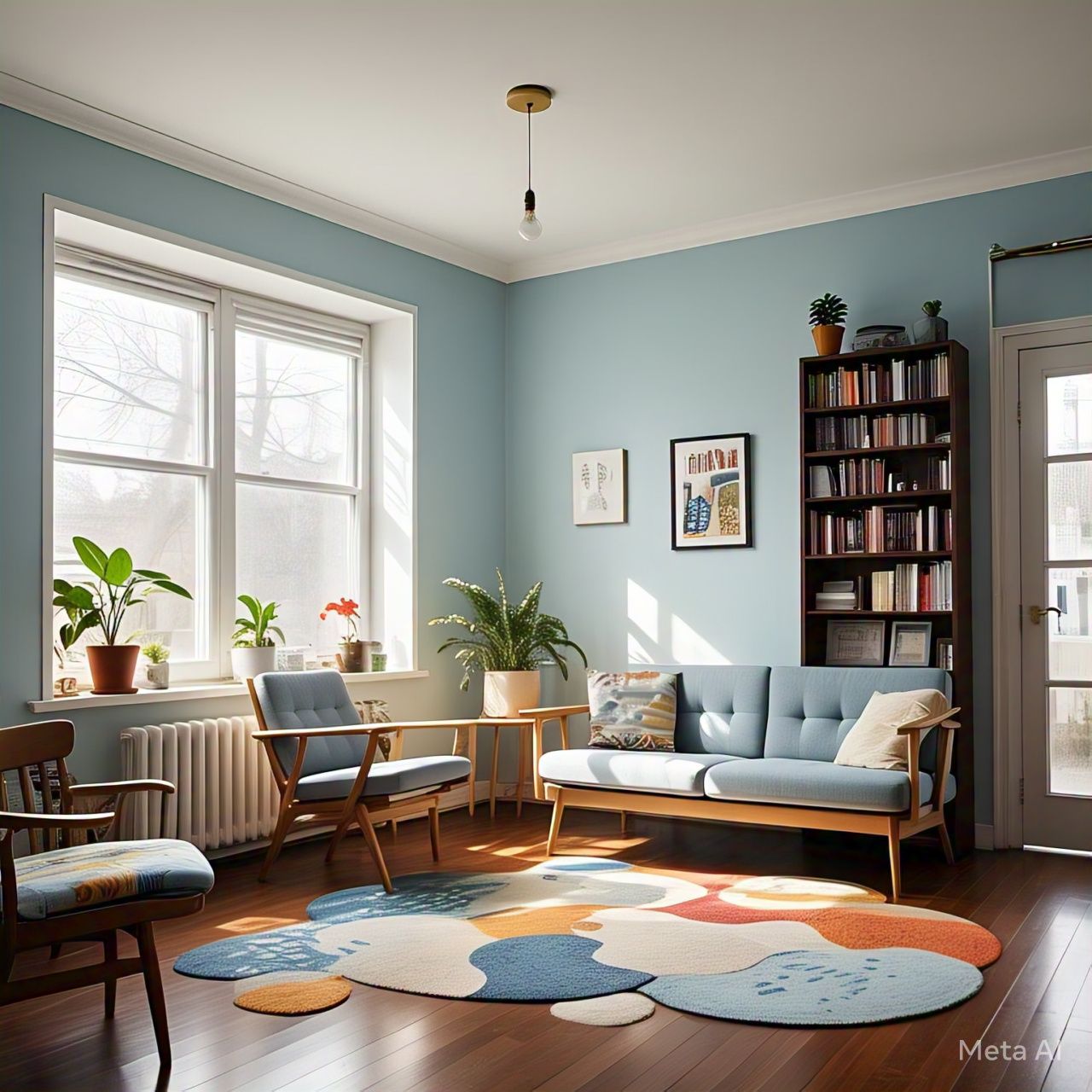Your physical space has a powerful influence on how you feel. Whether it’s your bedroom, your kitchen, your home office, or even just a small corner of your apartment — your environment can either nourish your calm or drain your energy.
The good news? You don’t need a complete makeover or a designer budget. With small, thoughtful changes, you can turn your space into a place that supports your mental, emotional, and physical well-being.
In this article, you’ll learn how to care for your space in ways that make you feel more grounded, peaceful, and inspired every day.
Why Your Space Affects Your Well-Being
We often underestimate how much our surroundings influence our internal state.
A cluttered, chaotic space can:
- Increase stress and anxiety
- Decrease motivation and focus
- Make rest and relaxation harder
- Contribute to feelings of overwhelm or lack of control
On the other hand, a well-tended space can:
- Calm your nervous system
- Support better sleep and focus
- Make you feel safer and more present
- Inspire creativity and emotional clarity
In short: your space is a reflection of how you care for yourself.
1. Declutter With Intention
You don’t have to become a minimalist overnight, but clearing out what you no longer need is one of the most powerful ways to create emotional space.
Start small:
- One drawer, one shelf, or one corner at a time
- Ask: “Do I use this? Does this bring me peace or joy?”
- Donate or recycle what no longer serves you
- Let go of guilt tied to unused items
A clear space helps create a clear mind.
2. Keep It Clean — Gently
A clean space doesn’t mean perfection. It means caring for your environment like it cares for you.
Try:
- Making your bed each morning
- Wiping down your desk or kitchen counter
- Opening windows for fresh air
- Sweeping, dusting, or vacuuming a little each week
Cleaning can become a grounding ritual — not just a chore.
3. Add Elements That Soothe Your Senses
Your senses are the gateway to your nervous system. Simple sensory touches can turn a neutral space into a comforting sanctuary.
Ideas:
- Soft lighting (lamps, fairy lights, candles)
- Cozy textures (blankets, pillows, rugs)
- Calming scents (lavender, eucalyptus, sage)
- Natural sounds (gentle music, rain, birdsong)
- A splash of nature (plants, flowers, stones)
Ask: How do I want to feel in this space? Calm? Energized? Safe? Then, decorate with that feeling in mind.
4. Create a “Calm Corner” or Personal Sanctuary
No matter the size of your home, it helps to have one dedicated space for rest or reflection.
It could be:
- A chair near a window
- A floor cushion with a candle
- A part of your bedroom with a journal and soft blanket
- A small shelf with photos, affirmations, or meaningful objects
Make it a space you can go to when you need to reset, breathe, or reconnect with yourself.
5. Use Lighting to Support Your Mood
Light affects your energy, sleep, and emotional regulation.
Tips:
- Let natural light in during the day
- Use warm, dim lights in the evening
- Avoid harsh overhead lighting where possible
- Consider using soft, amber bulbs or Himalayan salt lamps for nighttime calm
Light that supports your circadian rhythm also supports your emotional balance.
6. Bring In Nature (Even Indoors)
Nature has a grounding effect on the body and mind. Even small natural elements can shift your mood.
Try:
- Houseplants (low-maintenance ones like pothos or snake plants)
- Fresh flowers
- A bowl of pinecones, stones, or shells
- Nature-inspired art or colors (greens, browns, soft blues)
Let your space remind you of the natural world — even if you live in the city.
7. Set the Mood With Sound
Sound can either energize or relax you — and you get to choose.
Options:
- Play calming music or ambient sounds
- Use white noise for better sleep
- Keep your space quiet and peaceful when needed
- Sing, hum, or play an instrument if it helps you feel good
Make sound a supportive background — not a stressor.
8. Personalize With Meaningful Objects
Fill your space with things that make you feel seen, loved, and inspired.
Ideas:
- Photos of people you love
- Books that shaped you
- Art or affirmations that uplift you
- Objects that reflect your values or dreams
Your space should feel like you — not like someone else’s version of perfect.
Final Thoughts: Your Environment Is a Form of Self-Care
You don’t need to buy new furniture or redecorate your home to feel better.
You just need to create an environment that says:
“You’re safe here. You’re welcome here. You’re supported here.”
Take five minutes today to tidy one small area.
Add something cozy, calming, or joyful.
And breathe into the feeling that your space is holding you — just like you hold everything else.
Because when you care for your space,
you care for your nervous system, your peace, and your well-being.
